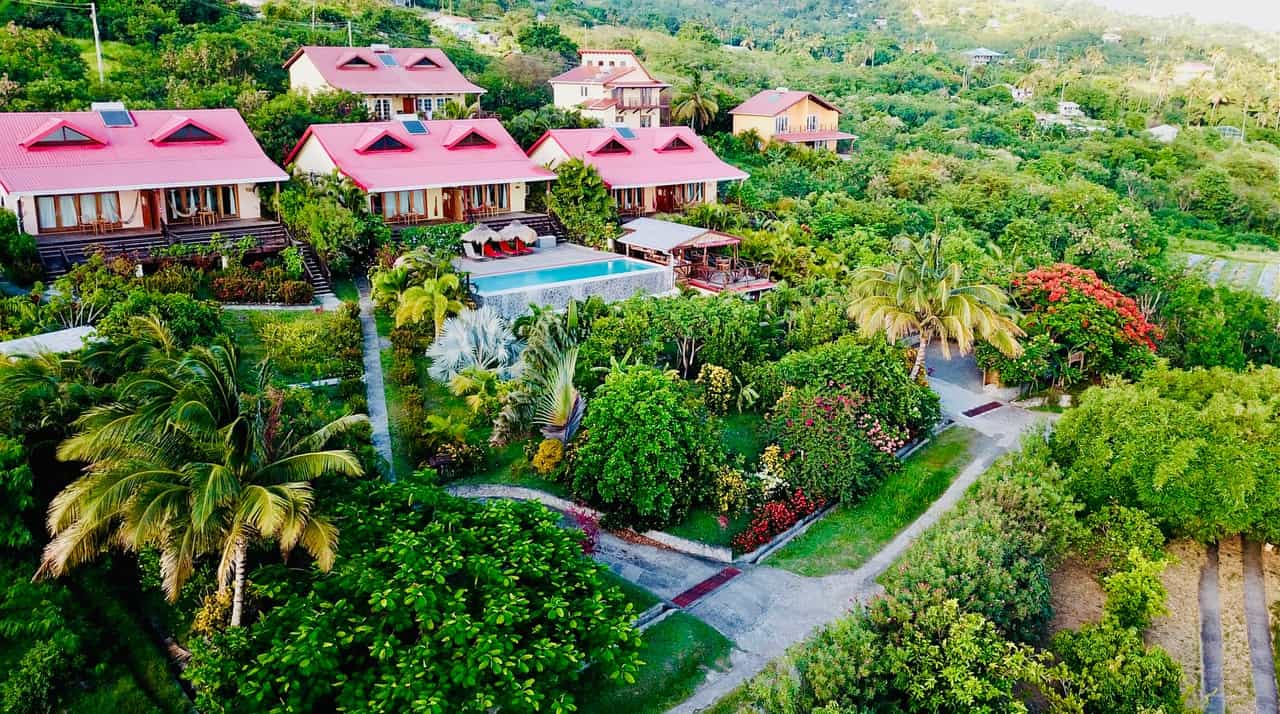Small is beautiful may be the moniker which defines the boutique hotel sector, allowing it to deliver a service which sets itself apart. But as the cost of acquiring assets continues to rocket, small is also popular with investors.
It could be said that these savvy independent hoteliers are doubling down on brand expression as a differentiator. Labelling it ‘brand experience’, hotels seek to create moments that guests wish to repeat time after time. Reminiscent of a by gone era, the 1950s, where hotels competed with one another through simpler criteria, namely service. The 80s and 90s became much more about design and lifestyle – but seemingly service as a differentiator has evolved into experience and culture.
Founder of US based Salt Hotels David Bowd said on the subject of recruitment to LE Miami’s The Shift, “I don’t care what people look like; I care about how people look after our guests. I want people to be themselves, but to be so focused on guest experience that it’s all they’re really focused on.”
As hoteliers strive to create the effortless delivery of a cohesive, scalable and cost effective brand experience, there is a very quiet, very distinguished revolution happening on the periphery. This collective have been quick to acquire huge traction within this fiercely independent market place, because they’ve intuitively grasped that small is beautiful. Conveying their brand message succinctly and with due purpose, brands like Artist’s Residence in London and Brighton, Salt Hotels and of course the much loved Hotel Covell in LA – to name just a few. By creating a brand experience, they are able to compete more aggressively, because they appeal to their specific customers, and by definition, they aren’t for everyone.
We recently caught up with Paul Hardwick, a Director at UK property valuers of pubs, hotels and restaurants – Fleurets, to understand how these super boutique hotel operators are getting it right. He stated that, “…there’s a growing dominance of the major corporate brands, very much at both ends of the spectrum from luxury to economy. It’s a very competitive market place. Which creates an opportunity for operators to carve their own niche in the market by looking for the unique selling points. The most affordable way of accessing the market today is through the town house properties and they are growing popularity.”
When asked how these fiercely independent operators are going about asset acquisition, he went on to say, “…they don’t tend to buy existing hotels, but if they do, they’re buying them under loved to make the property in to what they want.”
But there’s another reason that these independent operators are keeping it small. The barriers to entry within the hotel market are in line with real estate property deals, simply astronomical.”
As a smaller independent hotel the importance of knowing yourself and expressing yourself through experiential riches has never been more critical. But these small independents certainly aren’t out of the woods as Hardwick continues, “Domestic investors need capital and foreign investors want high yield, which can push them towards residential.”
It may be easier to express yourself as an individual property, but the vultures of residential living are all around us. So it’s up to the power of a group to really shift the dials of real estate versus hotel development.
Hardwick continues, “Prices are keen and yield expectations are very high.” The Fleurets Director goes on to say “These market forces are underpinned to an extent by the property’s perceived potential for higher residential ROIs”. But the challenges continue, “Domestic investors need capital. Foreign investors want high yield, which can push them towards residential.”
Then again, nobody said expressing yourself was easy.









